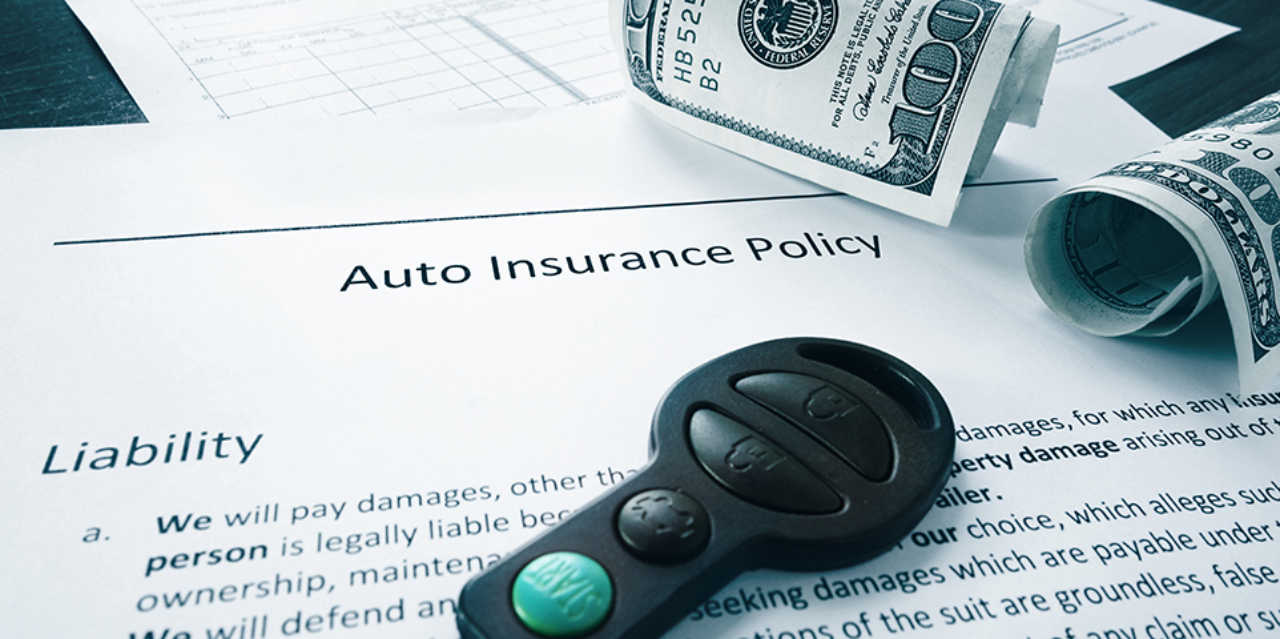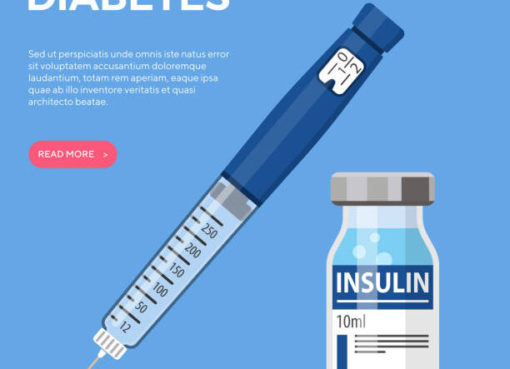1. Introduction
When it comes to auto insurance, the premiums you pay can vary significantly based on several factors. Understanding what determines your auto insurance costs can help you make informed decisions when selecting coverage and potentially save you money. In this article, we will explore the key elements that insurers consider when determining your auto insurance premiums.
2. Factors Affecting Auto Insurance Premiums
Driving Record
Your driving record plays a vital role in determining your auto insurance rates. Insurers assess factors such as your history of accidents, traffic violations, and claims. A clean driving record with no or minimal incidents demonstrates responsible driving behavior, often resulting in lower premiums.
Age and Gender
Age and gender are significant factors in determining auto insurance rates. Young and inexperienced drivers typically face higher premiums due to the increased likelihood of accidents. Similarly, statistics show that certain age groups may be more prone to accidents, which can influence insurance costs. Additionally, gender can affect rates, as some studies suggest that males tend to have higher accident rates than females.
Vehicle Type
The type of vehicle you drive also impacts your insurance premiums. Insurers consider factors like the make, model, year, and safety features of your car. Expensive and high-performance vehicles often come with higher insurance costs, as they can be more expensive to repair or replace in case of an accident. On the other hand, vehicles equipped with advanced safety features may qualify for discounts.
Location
Your location plays a significant role in determining auto insurance rates. Insurers consider factors such as the crime rate, population density, and frequency of accidents in your area. Urban areas or regions with a high incidence of vehicle theft or accidents may result in higher premiums compared to rural or low-crime areas.
Coverage Level
The coverage level you choose also affects your auto insurance premiums. Opting for higher coverage limits or additional coverage options like comprehensive and collision coverage will generally result in higher premiums. However, it is essential to strike a balance between adequate coverage and affordability to protect yourself financially in the event of an accident.
Credit Score
In some states and countries, your credit score can impact your auto insurance rates. Insurers believe that individuals with lower credit scores may be more likely to file claims. Therefore, maintaining a good credit score can potentially lead to lower insurance premiums.
3. Discounts and Deductibles
Safe Driver Discounts
Many insurers offer safe driver discounts to policyholders who maintain a clean driving record over a specific period. These discounts can result in significant savings and act as an incentive for responsible driving.
Multi-Policy Discounts
Combining multiple insurance policies, such as auto and home insurance, with the same insurer can often lead to discounts on your premiums. Insurers value customer loyalty and offer incentives for bundling policies, which can result in considerable savings.
Deductibles and Premiums
Choosing a higher deductible can lower your auto insurance premiums. A deductible is the amount you agree to pay out of pocket before your insurance coverage kicks in. By opting for a higher deductible, you are taking on more financial responsibility in the event of an accident, which can reduce the insurer’s risk and result in lower premiums.
4. Comparison Shopping
Importance of Shopping Around
When it comes to auto insurance, it’s crucial to shop around and compare quotes from multiple insurers. Rates can vary significantly between companies for the same coverage, so taking the time to compare options can potentially save you a substantial amount of money. Don’t settle for the first quote you receive; explore different insurers and their offerings to find the best value for your specific needs.
Online Tools and Resources
The internet has made it easier than ever to compare auto insurance quotes and find the most competitive rates. Utilize online tools and resources that allow you to enter your information once and receive quotes from multiple insurers. These tools provide a convenient way to compare prices, coverage options, and customer reviews, empowering you to make an informed decision.
Reviewing Policy Terms
Before finalizing your auto insurance purchase, carefully review the policy terms and conditions. Pay attention to coverage limits, deductibles, exclusions, and any additional fees or charges. Understanding the specifics of your policy ensures that you have the coverage you need and helps avoid surprises in the event of a claim.
5. Conclusion
Several factors influence the cost of your auto insurance premiums. Your driving record, age, gender, vehicle type, location, coverage level, and even your credit score can all impact the rates you pay. Additionally, taking advantage of discounts, selecting appropriate deductibles, and comparing quotes from multiple insurers can lead to significant savings. By understanding the determinants of your auto insurance costs and making informed decisions, you can find the right coverage at a price that fits your budget.




